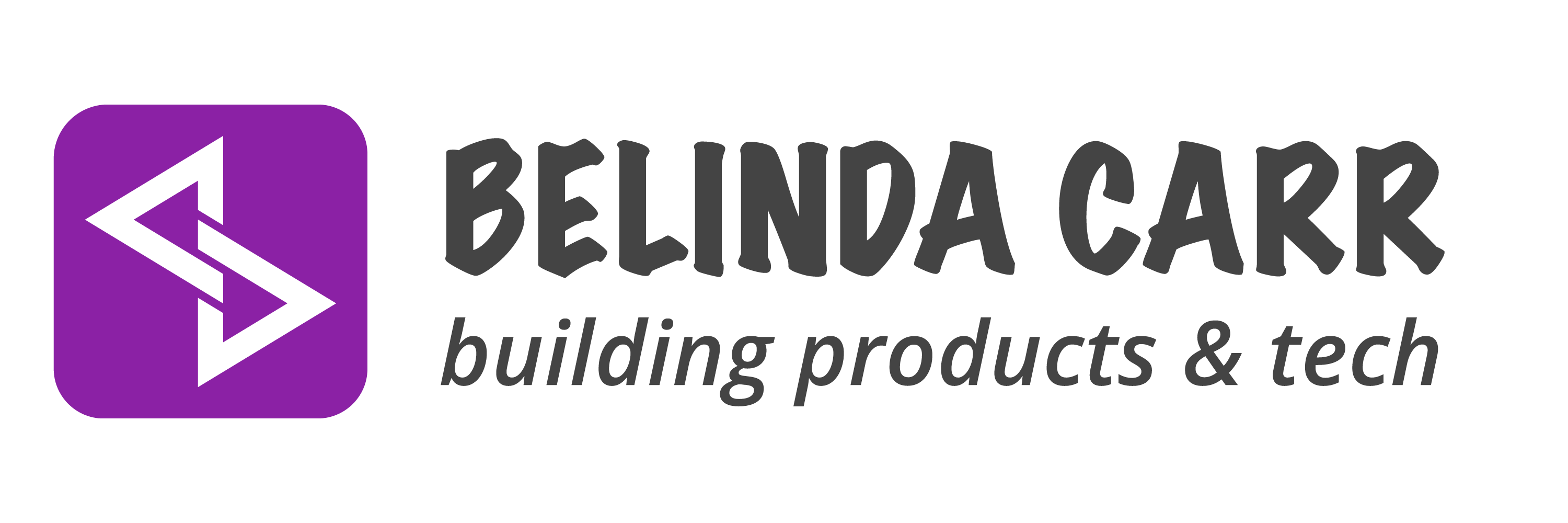Social media and the DIY movement have contributed to the growing popularity of natural building materials, eco-friendly products, improved air quality, and healthy homes. Hemp is at the forefront of this movement.
Marijuana Tax Act
Unfortunately, hemp’s potential suffered due to the Marijuana Tax Act of 1937, which mistakenly blacklisted hemp along with marijuana, despite the latter’s psychoactive properties. Hemp, however, contains negligible THC, making it non-psychoactive.
The decline of the hemp industry followed as hemp sales were heavily taxed. Interestingly, the timing of the Tax Act raised suspicions, as it conveniently paved the way for the emerging plastic and nylon industries. With the Farm Bill of 2018 legalizing hemp and its derivatives, innovative products like HempWood emerged, earning it the playful moniker “WeedWood.”
HempWood Manufacturing Process
The manufacturing process begins with full-length fiber hemp stalks arriving from farmers in bales or rolls. After separating and crushing the bales for flexibility, the hemp stalks are submerged in a proprietary, all-natural soy-based adhesive and placed on racks for drying. The dried stalks are then compressed under intense pressure into 5.5 x 5.5 x 72” steel molds and baked in an oven to solidify the blocks, all housed inside shipping containers.
Uses
HempWood offers a range of versatile applications, including lumber, woodturning blanks, 4×8 panels, picture frames, guitars, and furniture such as lamps, tables, and cabinets. Particularly popular is the tongue and groove flooring, which involves slicing the blocks into 1/8” thick hemp veneer and pressing them onto ½” plywood, resulting in stable 5/8” thick engineered tongue and groove flooring offered in three options: unfinished, natural, and bourbon. Rift sawn and plain sawn HempWood varieties are available, with the latter being harder due to its grain orientation.
Advantages
As an alternative to traditional hardwood, HempWood boasts several advantages. Hemp grows at a rapid pace, reaching maturity in just 150 days, compared to oak trees, which require 50-100 years. Hempwood is denser and harder than oak, with a Janka hardness test rating almost as high as Brazilian cherry wood and 25% harder than hickory, oak, or maple.
HempWood is a sustainable and eco-friendly material, as hemp plots absorb four times more carbon than forests of the same size. Additionally, HempWood has a low, class B fire rating, making it more fire-resistant than softwood pine. Crucially, HempWood is free of formaldehyde and VOCs, offering a healthier and safer choice for homes.
Despite its impressive qualities, HempWood requires careful maintenance. It is susceptible to water and moisture, necessitating humidity levels to be maintained between 35-55%. Specific guidelines must be followed during cleaning, staining, and installation due to its dense nature.
Conclusion
Sourced within a 100-mile radius of their factory in Murray, Kentucky, HempWood proudly represents American ingenuity and sustainability. The company has a realistic, long-term vision, acknowledging that HempWood remains a specialty product, not a staple one. It is intended to serve as an eco-friendly, locally sourced flooring and furniture alternative for both commercial and residential applications, rather than a complete replacement for traditional wood.
Sources
https://www.youtube.com/watch?v=lEMMwWO8Wos




